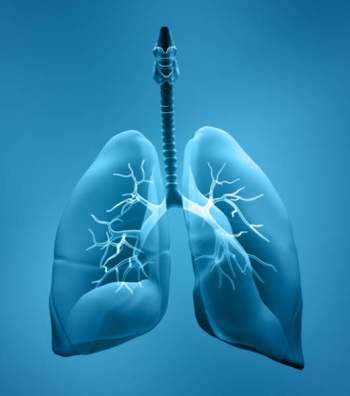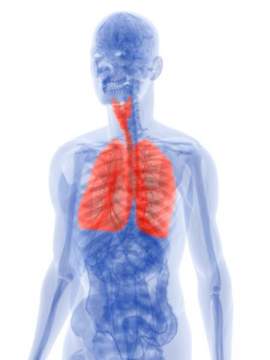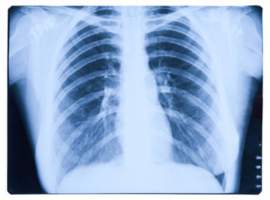
Epithelioid Mesothelioma

What is Epithelioid Mesothelioma? Epithelioid mesothelioma is a common form of mesothelioma cancer—this particular condition accounts for 50-70% of all mesothelioma cases. The indicators for epithelioid mesothelioma are very similar to adenocarcinoma of the lungs. The origin of the condition is the primary factor to distinguish between these two medical conditions. The condition is not easily identifiable through a microscopic evaluation of the cells. To determine the form of mesothelioma, a medical professional must perform a thoracoscopy or similar type of surgical biopsy. These surgeries enable a medical professional to examine the cells and tissue surrounding or associated with the tumor. During these procedures, a sample of the tumor is extracted from the body for further evaluation. The mesothelium is an epithelium that is a specific layer of tissue which surrounds the organs of the human body. These tissues aim at protecting the body through filtration, secretion, excretion and absorption. Mesothelioma forms in the outer epithelium after an individual perpetually exposes him/herself to asbestos filaments and microfibers. Asbestos fibers may sit in the epithelium and go unnoticed for up to 40 or 50 years. Epithelioid mesothelioma forms in the mesothelium, whereas adenocarcinoma of the lungs originates in the inner epithelium of vital organs. Although both adenocarcinoma and epithelioid mesothelioma possess uniform cellular appearances, epithelioid mesothelioma is uniformly cube shaped and proliferates throughout the body. Epithelial mesothelioma is a particular condition that affects the epithelial cells or layer of cells that protect the internal surfaces of the human body. When these cells turn cancerous, they are renamed epithelioid cells. Epithelioid mesothelioma often occurs or is attached with pleural mesothelioma cases. Causes of Epithelioid Mesothelioma: Perpetual contact with asbestos is the primary cause of epithelioid mesothelioma. The number of patients diagnosed with this disease is growing every day; this surge is widely due to the fact that the disease is slow-forming. Treatment Options Associated with Epithelioid Mesothelioma: Treatment options associated with epithelioid mesothelioma are similar for all other mesothelioma cases and cell types. The differentiation regarding treatment is tied into the stage and location of the affected cells and not the cell type. That being said, epithelioid cells respond best to aggressive treatment options. The most common treatment options associated with epithelioid mesothelioma include: surgery, radiation therapy and chemotherapy. Epithelioid mesothelioma possesses a better prognosis when compared to biphasic and sarcomatoid subtypes. The survival timeframe for those affected patients is approximately one year following diagnosis.



















